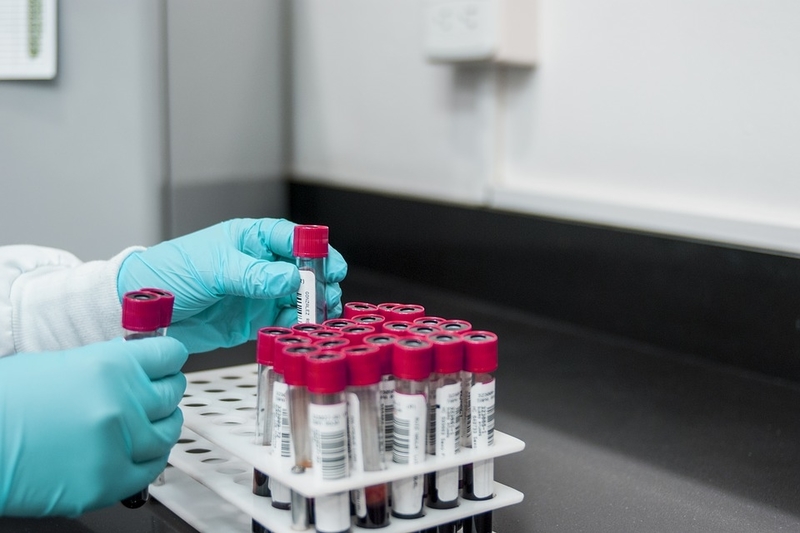
On 4 July, the Ministry of Science and Technology
released a press statement that said the Prime Minister
Mr Narendra Modi approved the DNA Technology (Use and Application) Regulation
Bill 2018, that will develop a DNA databank of criminals and help
the government identify missing persons and disaster victims faster.
The press release stated that the bill aims to ensure that
with the proposed expanded use of this technology in the country, there is also
the assurance that the DNA test results are reliable, and the data remains
protected from misuse or abuse in terms of the privacy rights of Indian
citizens.
Mr Jayaraman Gowrishankar, Indian National Science Academy senior
scientist at the Centre for DNA Fingerprinting and Diagnostics in Hyderabad
said that the Ministry relies on DNA for two things – establishing the
biological identity of an individual and determining whether there is any
biological relationship between two people. Through the bill, the
Ministry will be able to expand the application of DNA-based forensic
technologies to support and strengthen the justice delivery system of the
country. The utility of DNA-based technologies, for solving crimes and identifying
missing persons, is well recognised across the world.
The Ministry said that the bill's provision will enable
cross-matching between people that have been reported missing and unidentified
bodies found in parts of the country; it will also be used to establish the
identities of victims of mass disasters. The bill also provides for mandatory
accreditation and regulation of DNA laboratories, preventing non-accredited
laboratories to test DNA samples.
The bill's title was altered after the Law Commission
reviewed the original draft, named Human DNA
Profiling: A draft bill for the Use and Regulation of DNA-Based Technology,
suggested few changes, and developed precautions in the law to take care of any
privacy concerns.
The bill was created to establish rigorous standards to
regulate the activities of laboratories while using DNA profiling technology,
to be able to identify missing children and unidentified deceased individuals
including disaster victims, to convict repeat offenders and to ensure that
there is no unauthorised use of DNA samples or information.
Forensic DNA profiling is proven value in solving cases involving
offences that are categorised as affecting the human body (such as murder,
rape, human trafficking, or grievous hurt), and those against property
(including theft, burglary, and dacoity).
According to the press release, the aggregate number of
these crimes in the country, as per the statistics of the National
Crime Records Bureau (NCRB) for 2016, is more than three hundred
thousand per year. Of these, only a very small proportion is being subjected to
DNA testing at present. The Ministry expects that the expanded use of this
technology in these categories of cases will lead to not only better justice
delivery but also an increase in conviction rates, which currently stands at only
30% (NCRB Statistics for 2016).
















